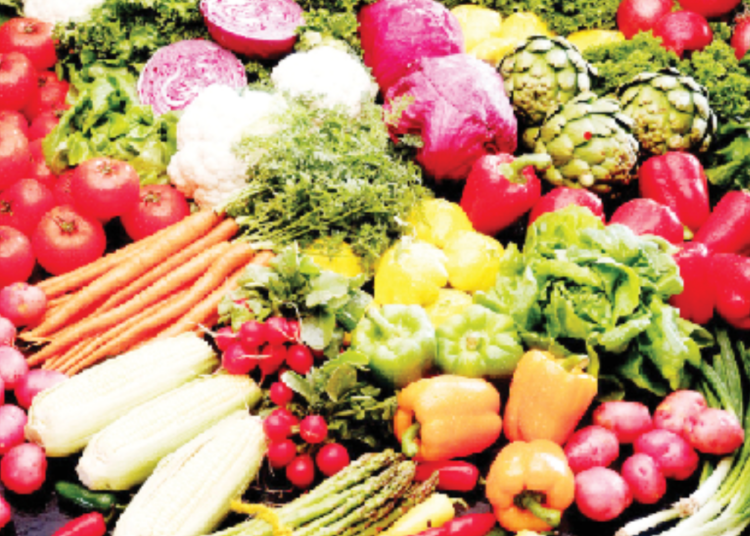With Nigeria now transiting from manual to electronic issuance of phytosanitary certificate to exporter of agric produce, exporters of farm produce can now make more money, export their goods faster, thereby, having a faster turn-around time that countdown boost their annual profit in the long run.
This is aside increasing government revenue from agricultural sector.
Phytosanitary certificate is an official document issued by governments to confirm that shipments of plants and plant products traded internationally are free of pests and diseases, and therefore, safe to import.
Before the transition, there have been series of complaint by recipient countries of Nigerian farm produce as there are accusation of them being infested by pest, even as the long process of securing phyto certificate from the Nigeria Agricultural Quarantine Service(NAQS) by exporters, affects the quality of those produce by the time they get to the country of consumption.
To address this, NAQS had recently launched IPPC GeNS E-Phyto platform where exporters can go to fill the needed information on the platform on the produce they are exporting and secure an inspection appointment with NAQS.
This, according to experts, would hasten the process and enhance quality of Nigerian agricultural produce meant for export.
Speaking on this development at official launch of the Generic ePhyto National System (GeNS) in Nigeria, in Ikeja, Lagos, recently, Mr. Bernard Tayor of Alliance for Trade Facilitation(GIZ) said, the transition from traditional paper-based certificates to digital ones is a leap towards modernisation, efficiency, and sustainability.
According to him, “Today’s equipment handover and demonstration symbolises more than just a technological upgrade; it represents a commitment to transparency, efficiency, and the facilitation of trade. It is a demonstration of our shared dedication to ensuring that Nigerian agricultural exports meet international standards and are globally competitive having saved cost and time in processing.”
Digitalisation of phytosanitary certificates, he stressed, will streamline processes, reduce paperwork, minimise errors, and enhance the traceability of agricultural products, even as it is expected to improve the ease of doing business and bolster Nigeria’s reputation as a reliable trading partner on the global stage.
On her part, the zonal coordinator of the South-West zonal command, NAQS, Dr. Joy Ivbade, who represented Comptroller-general, NAQS, Dr. Vincent Isegbe, said, these certificates were always physical paper documents that needed to travel great distances to be handled by numerous parties and risked being damaged, lost, or even faked, adding that, these challenges often cause a delay in the delivery of products and jeopardize legitimate trade, which sometimes results in spoiled goods, demurrage charges, and frustration.
Due to these challenges, the IPPC Secretariat, with support from the United Nations International Computing Centre (UNICC), she stated, has developed an ePhyto Solution to bring phytosanitary certification into the digital era.
We are confident the GeNs will improve the business environment in the country, border procedures, and strengthen plant and public health protection, he said.
Meanwhile, the IPPC Contact Point,Nigerian Plant Protection Organisation(NPPO), Mr. Idachaba Ebenezer, believes this will revolutionise exporting of agric produce and makes the system faster, more coordinated, less stress and saves time.











